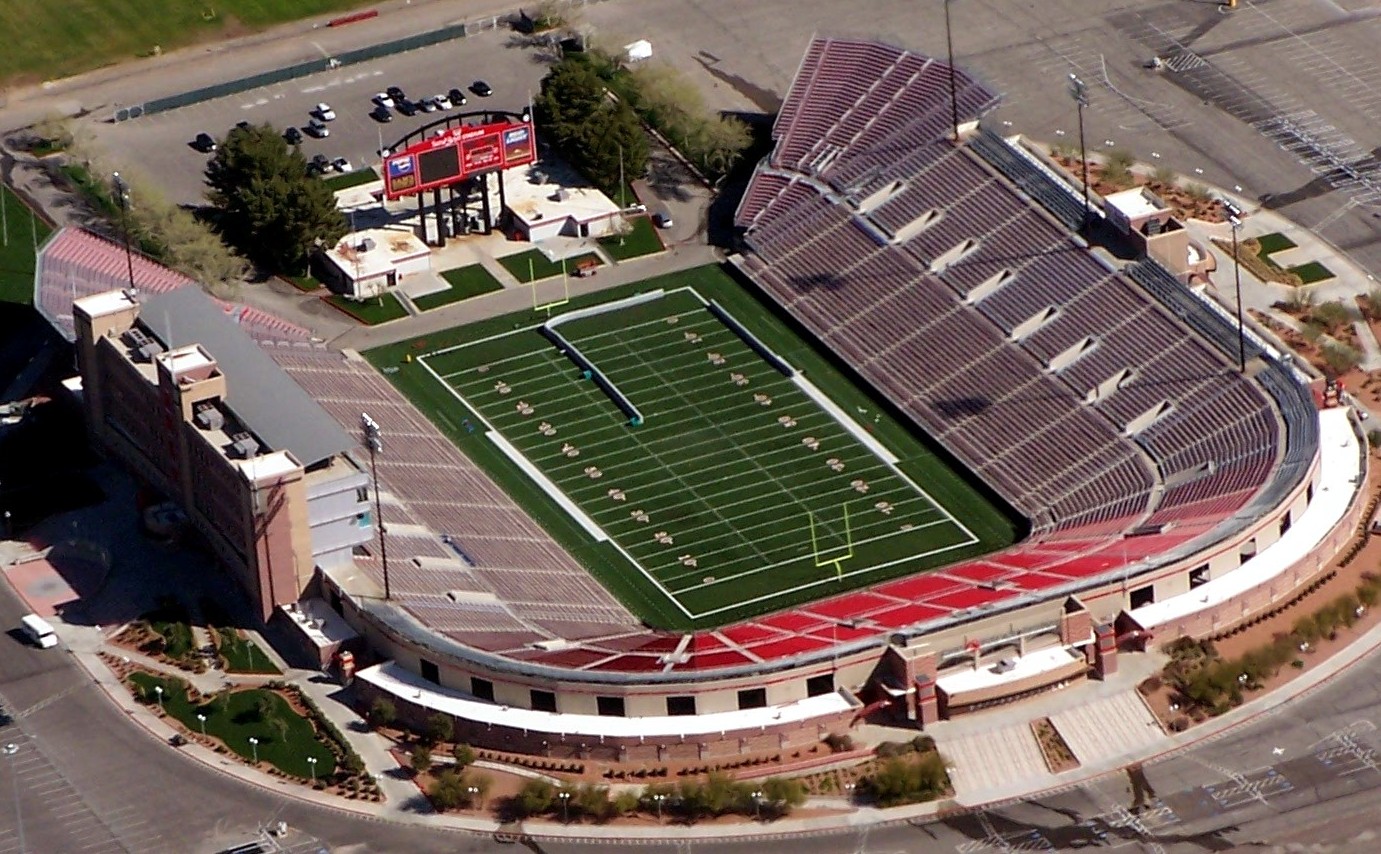
I've always had an interesting habit, which I thought served me very well. That is, when shit goes wrong for me, I put my head down and work. If I've ever had a problem with a boss, where I've been chewed out for something, passed over for a promotion or a choice assignment, or I feel like I'm not getting the recognition I deserve, I'll stop "putting myself out there" for a few days and just shut the proverbial office door and work.
This can be very, very effective in terms of getting shit done. My mindset here is one of, "I'll show YOU, motherf----r." And after a few days of busting my ass on something, out comes some incredible finished product, or some insane volume of work, and what usually happens is that I feel better about myself, AND whomever pissed me off gets curious about why I've been so quiet and takes notice. I've been doing this since high school, and it extends to all areas of my life. As an example, I've been doing it with training for the past four to five months. I haven't told anyone what I'm doing, and I haven't made shitloads of grand proclamations, but I've been absolutely meticulous and consistent with what I'm doing in the gym, and it's been paying off.
There's an obvious downside to this, however, and that downside comes when you take this philosophy too far. I'll give you a little parallel to explain.
A few years back, one of the teams I coached had a defensive coordinator who turned out to be someone who wasn't cut out to be a high school football coach. This was because he thought he knew more than all of us, and would constantly argue with the head coach. It got to the point where the guy would argue the color of the sky, simply to say something contrary to what we were all saying. As a result of not getting along with anyone, he put his focus completely on defense and paid no attention to anything else.
This would be fine in certain circumstances, because that was his "box," and we didn't necessarily need him coming out of his box for us to be successful. Where it began to cause problems, however, was when it became patently obvious that the guy had no regard for anything else that happened on the field. In other words, he would rather lose a game 3-0, than win one 45-38, because all he gave a shit about were defensive statistics. I can distinctly remember games where we'd be winning 45-0, with the scrubs in the game, and this guy would be flipping out if the other team scored some gratuitous touchdown with two minutes left in the game because it ruined his shutout. This wouldn't be a bad thing, but he would scream and yell about getting guys out of the game, when the alternative would be to put a starter back in with two minutes left when we were up by six touchdowns. Totally unrealistic, and totally selfish.
My problem was that I started doing that at work with my little "lock myself in a room" strategy. There's a fine line between taking care of your own shit and being a team player. Sometimes I tend to err on the side of ego-driven selfishness when it comes to focusing solely on what I have to do. Football is kind of a compartmentalized sport where you have to necessarily focus on your own assignment, and you don't always have to know what the bigger picture is. As a coach, however, you can't do that. You don't want to be just another cog whose only function in life is to teach your tackles how to kick slide. If that's the case, and you don't try to integrate what you're doing within the whole, a staff is going to have 15 guys doing 15 different things, and everyone is going to miss the forest for the trees.
It took a halfway decent leader at work to come to me and say, "Look, the quality of your work is terrific, but you're not interacting well with everyone else, and the quality of everything you're doing is suffering in the end, because nobody knows what the f--k is going on."
Football is a team sport, and so is life. Would you rather have the best kick-sliding tackles in the history of the sport? Or would you rather win a championship? That's something we all get to choose. Wake up to how your work affects everyone else on your team, and try to integrate it into the bigger picture, because that's the only way you're going to help your team win.









